I have been to the United States Conference on HIV/AIDS (USCHA) several times in my 30 years of living with HIV. Although this year was different, because I am a scholarship recipient of the 2023-2024 HIV 50+ Strong & Healthy Program. This program started in 2016 and this is their eighth cohort. The program provides an opportunity to build community through projects like mini-grants, peer health education events, the National HIV and Aging Advocacy Network (NHAAN) topics, social media campaigns and webinars around HIV and aging topics. To qualify for this scholarship/program you must be 50 or older or have been living with HIV since birth or early childhood (Lifetime Survivors).
Those of us aging with HIV need to make our voices heard. When we are asked about our experiences, we need to be honest about what we are experiencing because polite responses and silence will not get us anywhere.
At past USCHAs I attended, I was overwhelmed with the number of participants and the multitude of choices between the institutes, sessions and exhibit hall. When I last attended this conference, I got lost trying to find the next activity I was looking for. This year my plan was to be prepared. I attended zoom meetings before the conference which informed me about what to expect when I arrived at the conference. I downloaded the conference app and after reviewing all my choices, I tried to select the institutes and sessions that would give me more information about HIV and aging, and since the theme of this year's conference was "A Love Letter to Black Women" I wanted to attend some sessions about black women living with HIV.
As a cisgender black woman living with HIV for 30 years, I wanted to see what changes have been made or are in place to address the needs of my community. I learned that in the US, 50% of all individuals living with HIV are 50 years old or older, and in 2030 it is projected that 70% of the individuals living with HIV will be 50 years old or older. Although I found that most of the information was meant for individuals who are not living with HIV but are working with communities of individuals living with HIV. In the sessions, they informed us about the stigma, comorbidities, social isolations, housing and financial issues around HIV and aging. It was encouraging to hear about the different programs within the US that have been implemented to improve the care and treatment coordination for black women living with HIV.
The most memorable session was "Honoring Our Experiences". This session brought a feeling of community, connections and support. I felt the warmth of acceptance as individuals shared personal experiences. The space felt safe and accepting. Long-Term Survivors shared their stories and through this experience, individuals who have not been living with HIV very long and who have never shared their status, opened and shared their stories for the first time. They were met with warm hugs from the community which embraced them. Individuals not living with HIV even opened and shared their personal stories of how they have been affected by HIV. It is difficult to share in words how this session affected us all, but I can say that after this session many people made connections that may be lifelong, and I doubt that anyone left this session feeling alone.
We need to demand that our needs be heard and make our healthcare and service providers hear us...
NMAC sponsored an evening program for those in the 50+ program. Both older adults living with HIV and Lifetime Survivors were present. We were fed a delicious dinner and then, through the course of many questions, we were able to share our experiences and needs which we have as individuals aging with HIV. Now I am sure that the information that was gathered will be discussed, and I hope that it will be used to help implement programs and services which will enhance the quality of our life. But this isn't where it should stop.
Those of us aging with HIV need to make our voices heard. When we are asked about our experiences, we need to be honest about what we are experiencing because polite responses and silence will not get us anywhere. We need to demand that our needs be heard and make our healthcare and service providers hear us and stop gaslighting us. We need to serve on the community advisory boards, get involved with research, and speak up through advocacy. I know that I am tired as are many of us, but we cannot stop until we are recognized and our need are met.


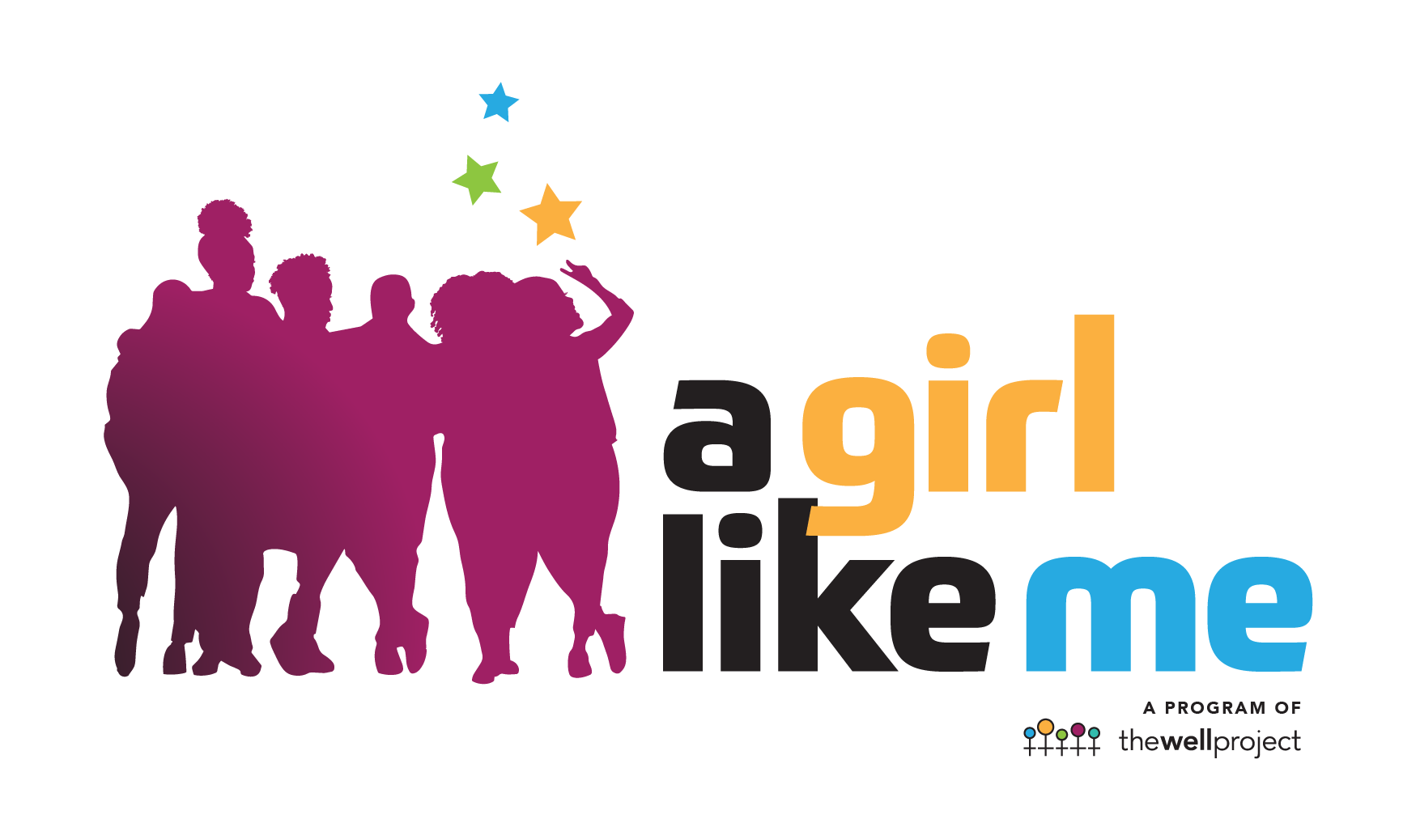
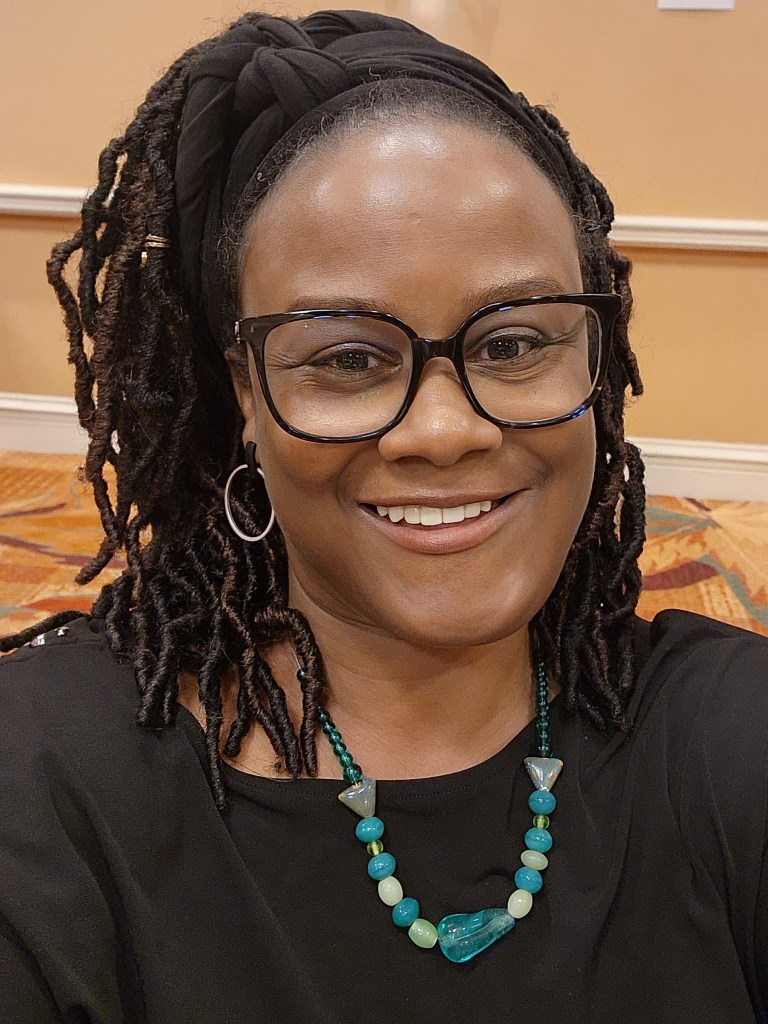
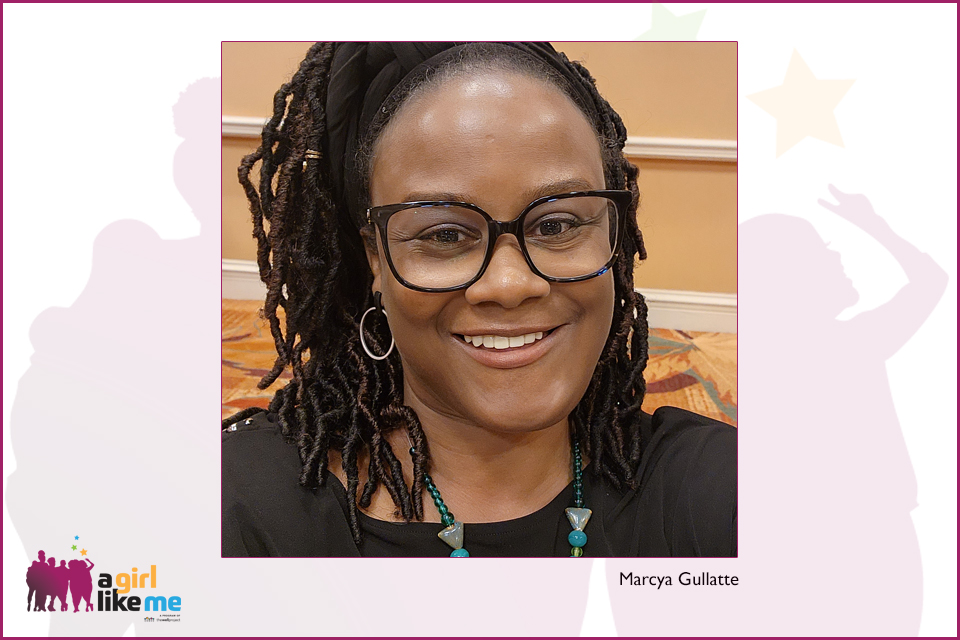
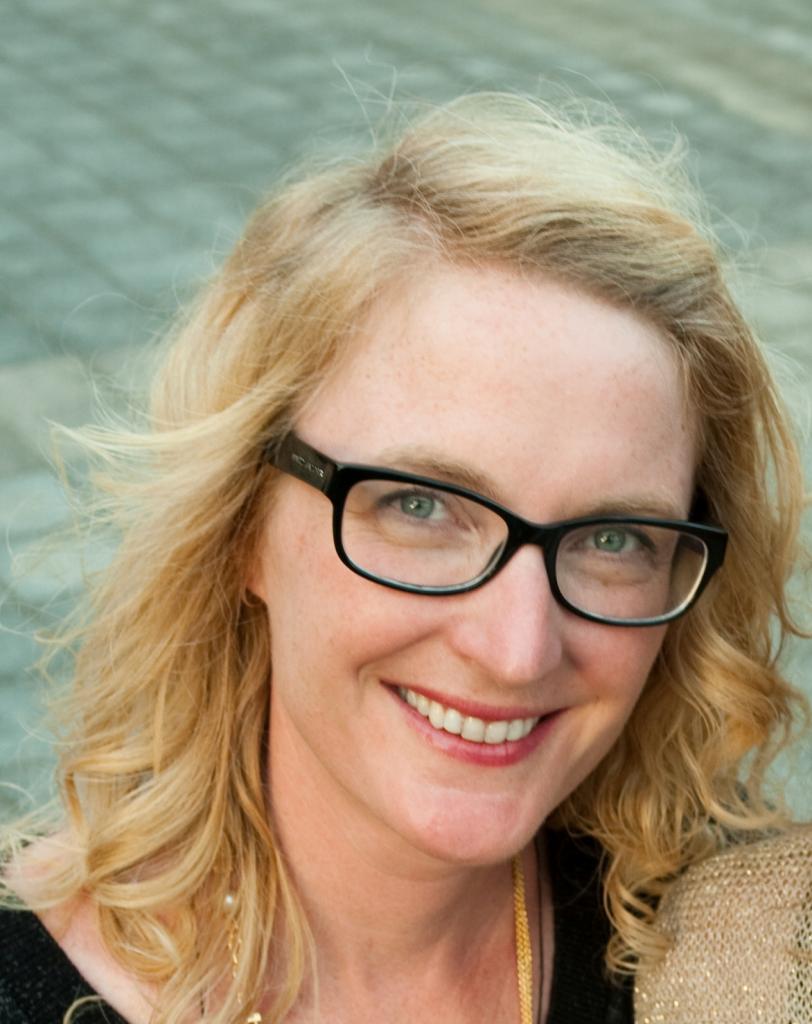



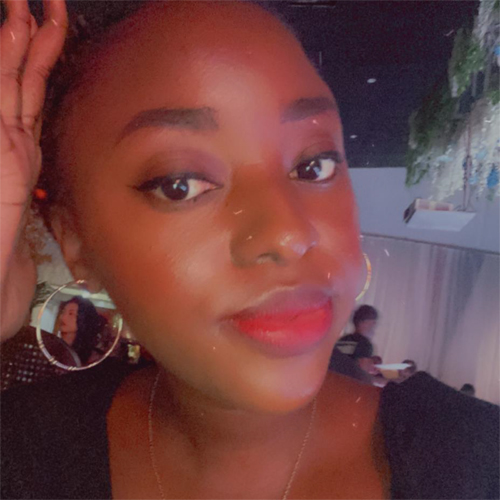
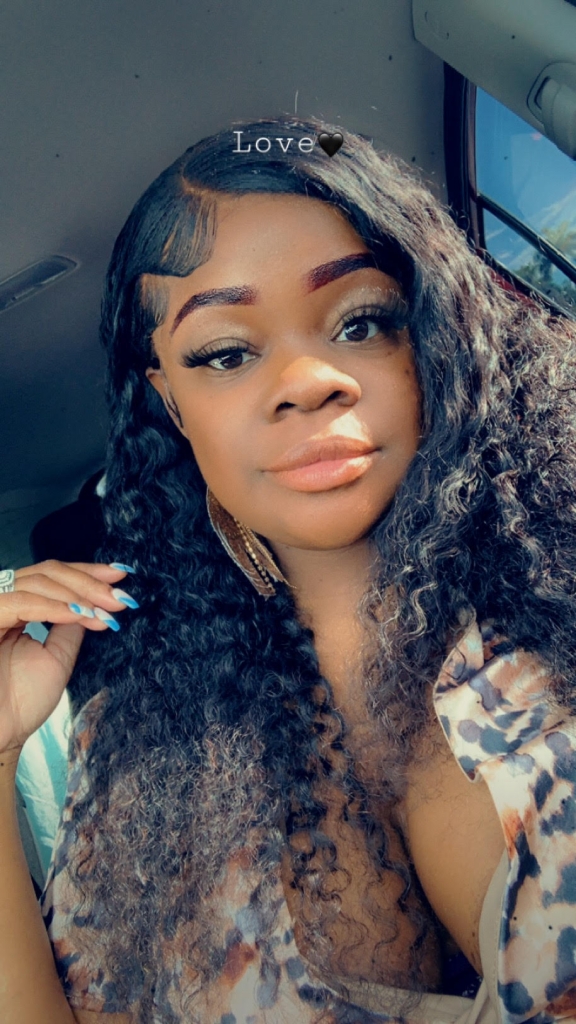


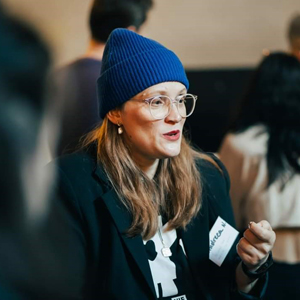

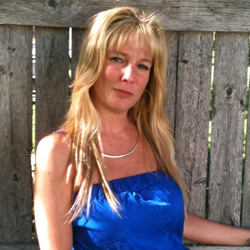


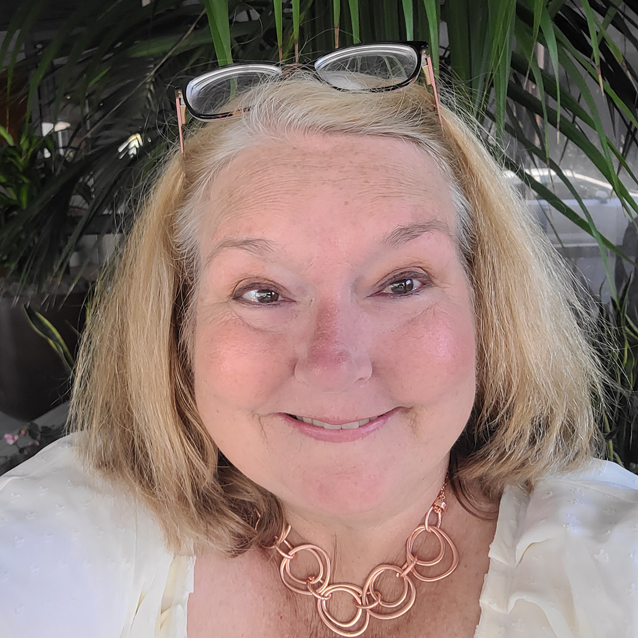

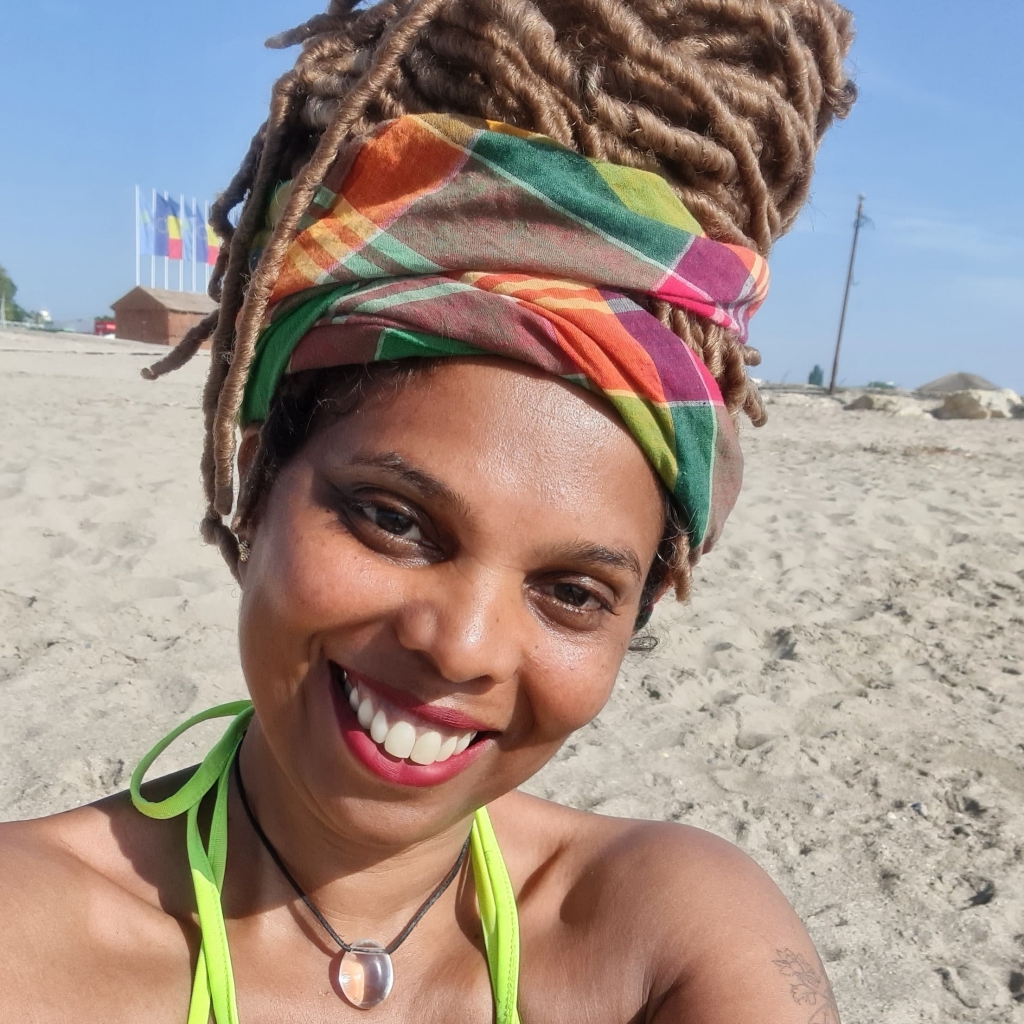

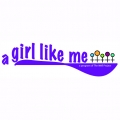
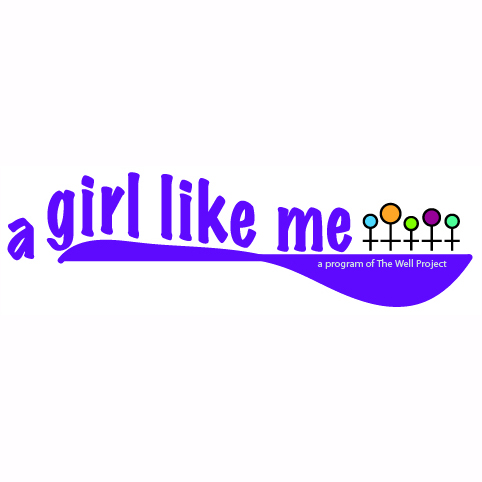
Thank you.
Thank you.